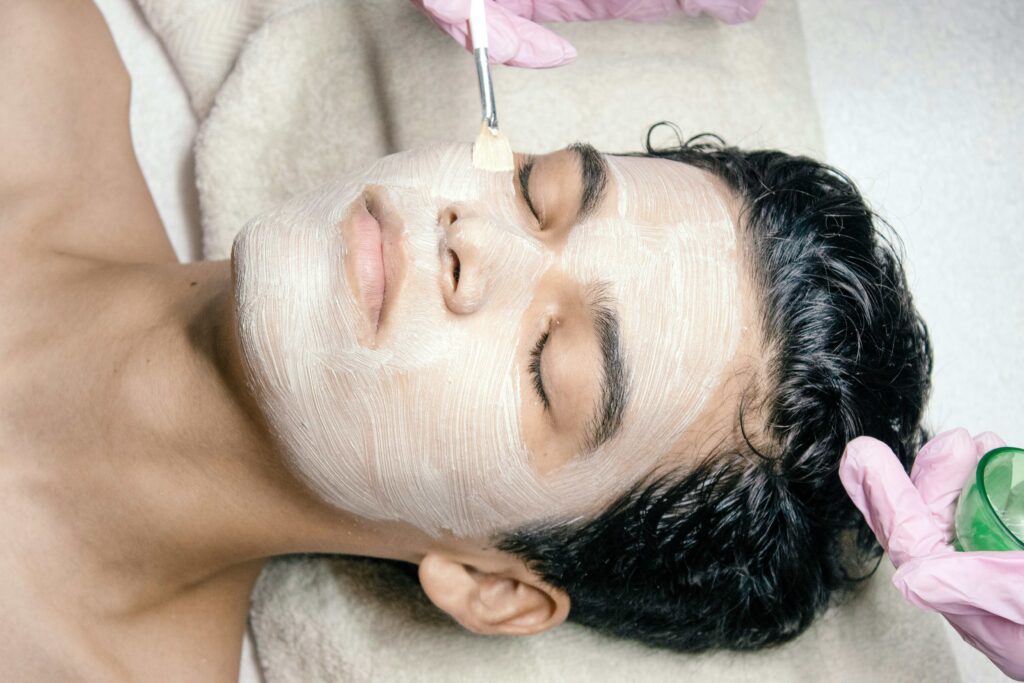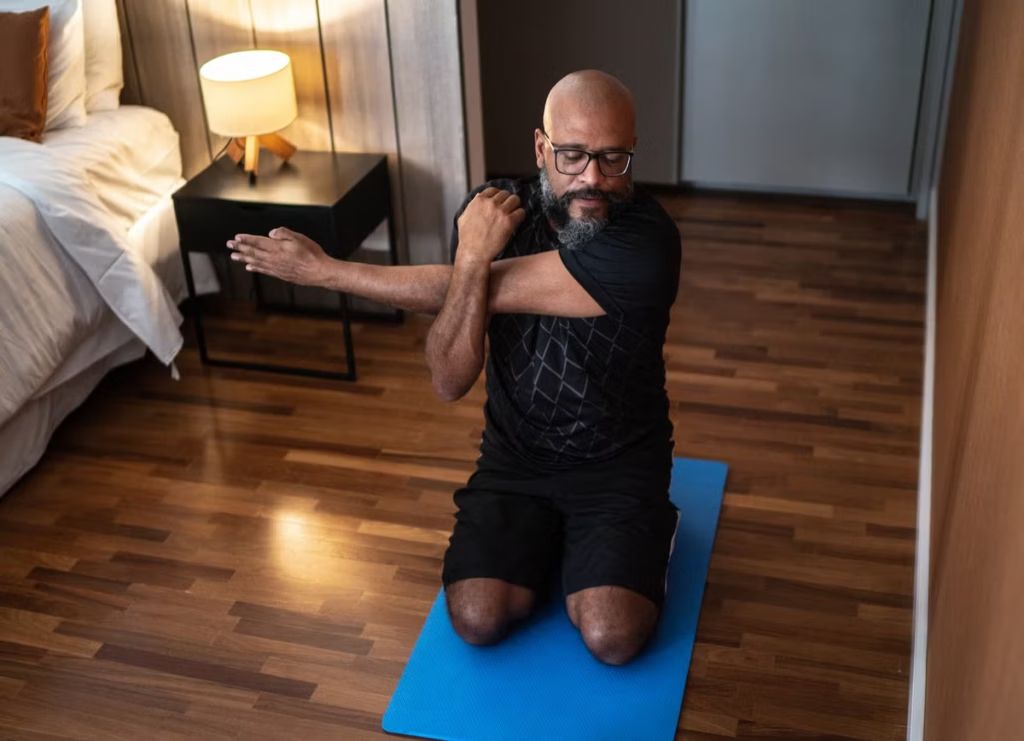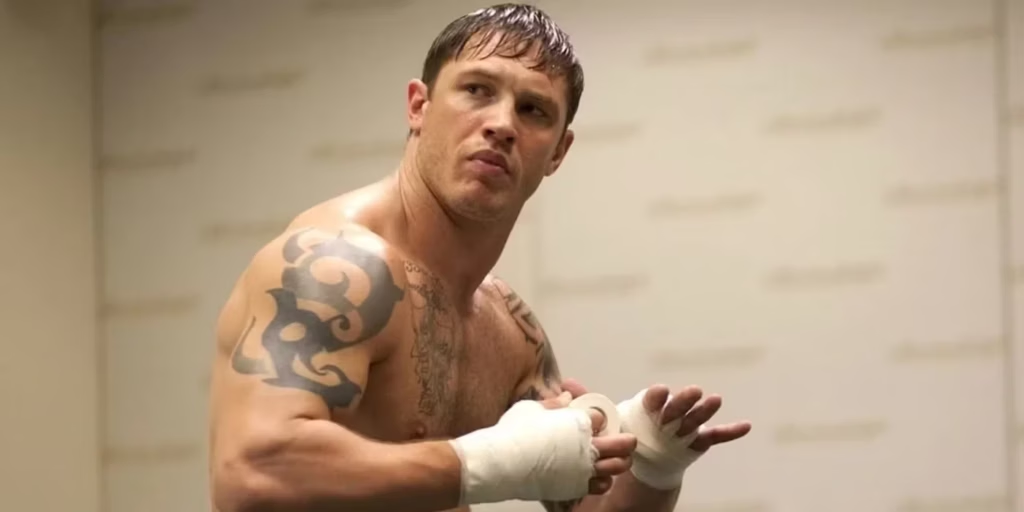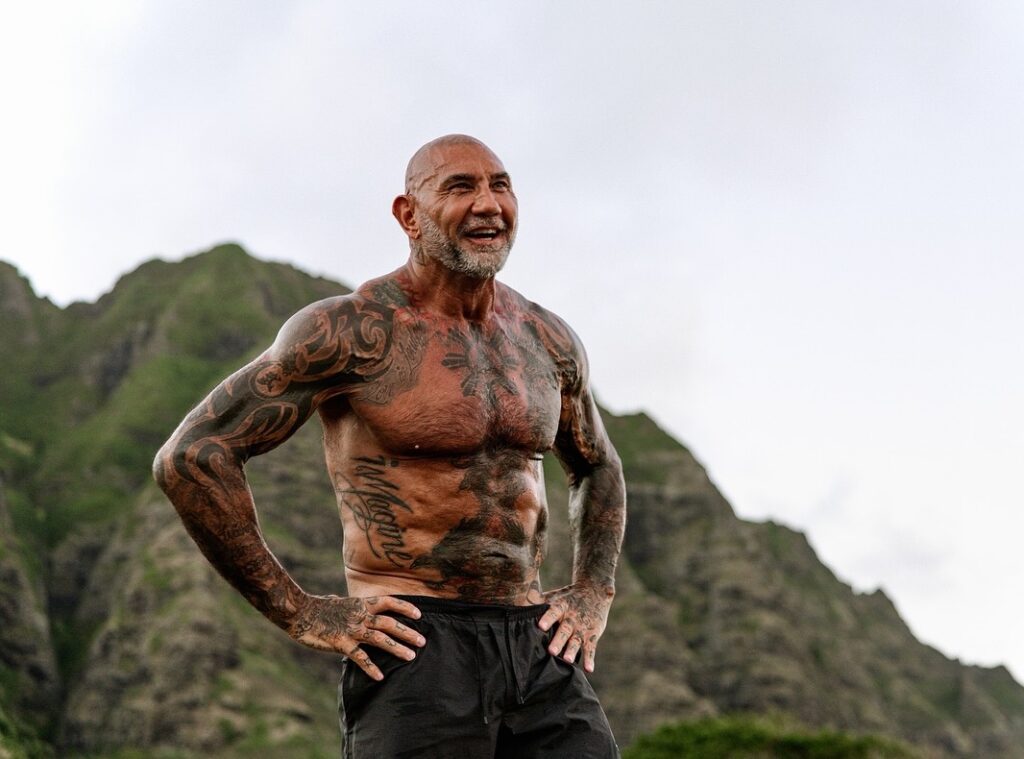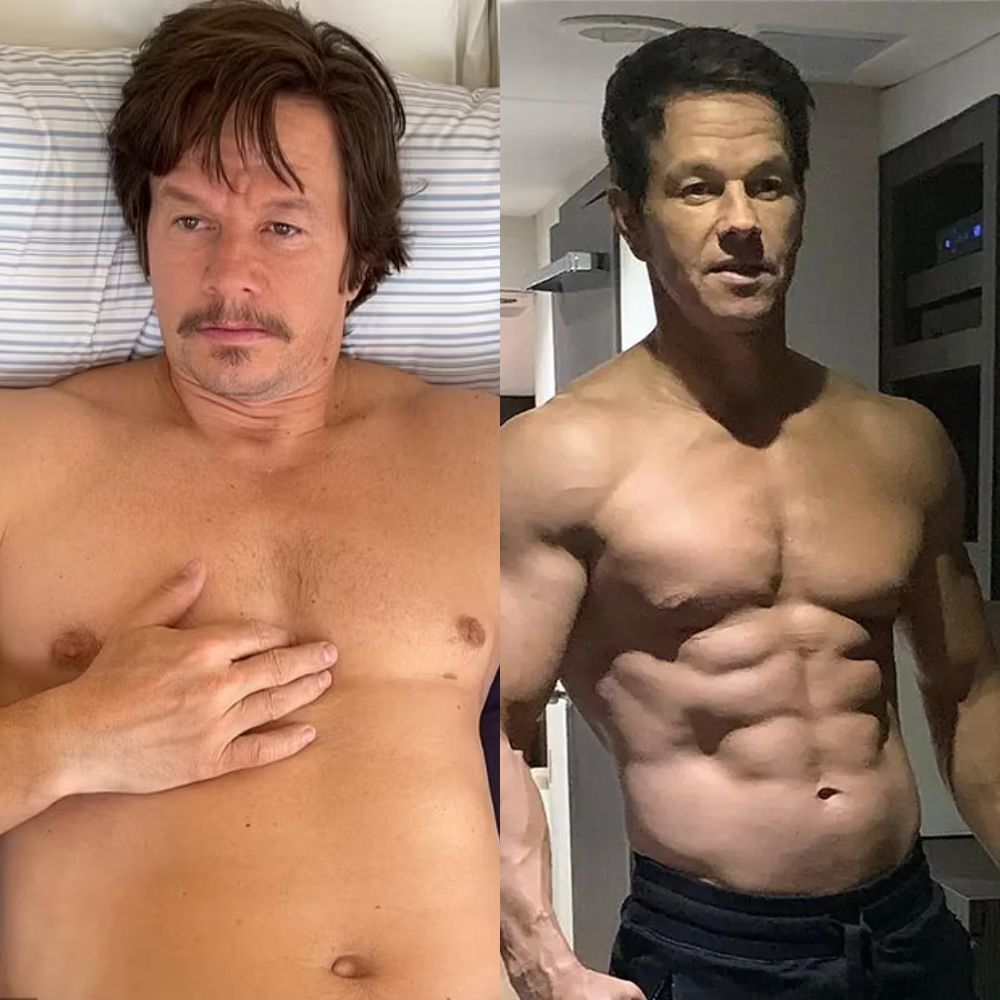For the greater part of 2012, you were unable to go anywhere without hearing the voice of Macklemore blaring out from a car radio, a DJ set, or the speakers fixed to the ceiling of your local supermarket. “Thrift Shop” was an instant hit, the kind of song that became an anthem for a generation looking to carve their own path in life and eschew the norms society made them think they had to uphold. With his fur coat and distinctive style, Macklemore not only delighted fans musically, but he also gave them a new blueprint for a style to fashion uniquely their own. Not surprisingly, the rapper entered a new stratosphere of fame, becoming one of the world’s biggest stars with a resume of hit song after hit song.
But though from the outset, Macklemore might have appeared to be riding a wave of success, his personal life was one that saw the star struggle with his own fame as well as alcoholism and drug use. Now sober, the star is getting candid about his recovery as he recently spoke with Good Morning America for National Recovery Month, detailing how his journey helped not only set him on the right path in life, but even saved his life.
For Macklemore, it was his community that he turned to for support as he credits their help and unwavering loyalty as being fundamental to his recovery. Given that fame can often see individuals isolated or thrust into a new social circle that may not be beneficial to their own health and wellbeing, Macklemore acknowledges the community he had behind him. “There is this kind of notion that, like, of, if you want to be a rapper, you want to be a rockstar, drugs and alcohol go hand in hand, and for me that’s just never been the case,” he said.
“I’ve been close to death too many times to count and it’s scary. I choose life over death, I choose happiness over depression, I choose fulfilment over trying to fill an empty void. I got tired of being sick, I got tired of feeling like I didn’t have a reason to wake up in the morning. I have a purpose now. Those are all things that drugs and alcohol strip away from me immediately.”
macklemore
As Macklemore expressed, his first rock bottom led him to rehab in 2008 after he admits he was “gambling with my life” and mis-using a prescription painkiller he became addicted to. Though he’s relapsed numerous times since then, including more recently during the first summer of Covid-19, he’s been sober since and recognises that recovery can look different at various points in one’s life.
“Something that’s so important in recovery is time. What I’ve realised along the way is that it’s one day at a time. It’s how I am showing up today. I can’t get back that relapse from two years ago. I also didn’t lose what I had before that,” he said.
“And I think that that’s something that we kind of like beat ourselves up with the guilt and shame part of it is like, ‘Oh, my God, I lose this time, I lost my date. And now, I have to, I have a new date. And I have to start over – It’s not all starting over, it’s not all lost. And you didn’t lose the time that you had. You just got a new clean date. And that’s how I look at it.”
Throughout Macklemore’s music, he often discusses such themes of addiction, relapse and recovery, but in coming forward and sharing his own story without an instrumental backing, he hopes he can reach more people and show the importance of bringing such struggles into the spotlight.
By speaking of his own struggles, Macklemore is encouraging others to open up to share their own, removing the stigma associated with mental health and therapy. As he explained, “In 2008, the idea of speaking about the disease of addiction, as a disease, hadn’t really become commonplace. Mental health, therapy – all of these ways that now, today in 2022, are more used phrases or ways in seeking help, hadn’t really been discussed publicly and I leaned into it.”
“I think that when we do that and we share openly and honestly, then the stigma lessens, and the disease of addiction is put at rest [momentarily] when we’re talking about it.”
If you or someone you know is struggling with substance abuse or finding drugs and alcohol are a problem, help is available. Contact the Alcohol and Drug Foundation on 1300 8585 84, Family Drug Support Australia for resources, or the confidential counselling service from LifeLine on 13 11 14.










